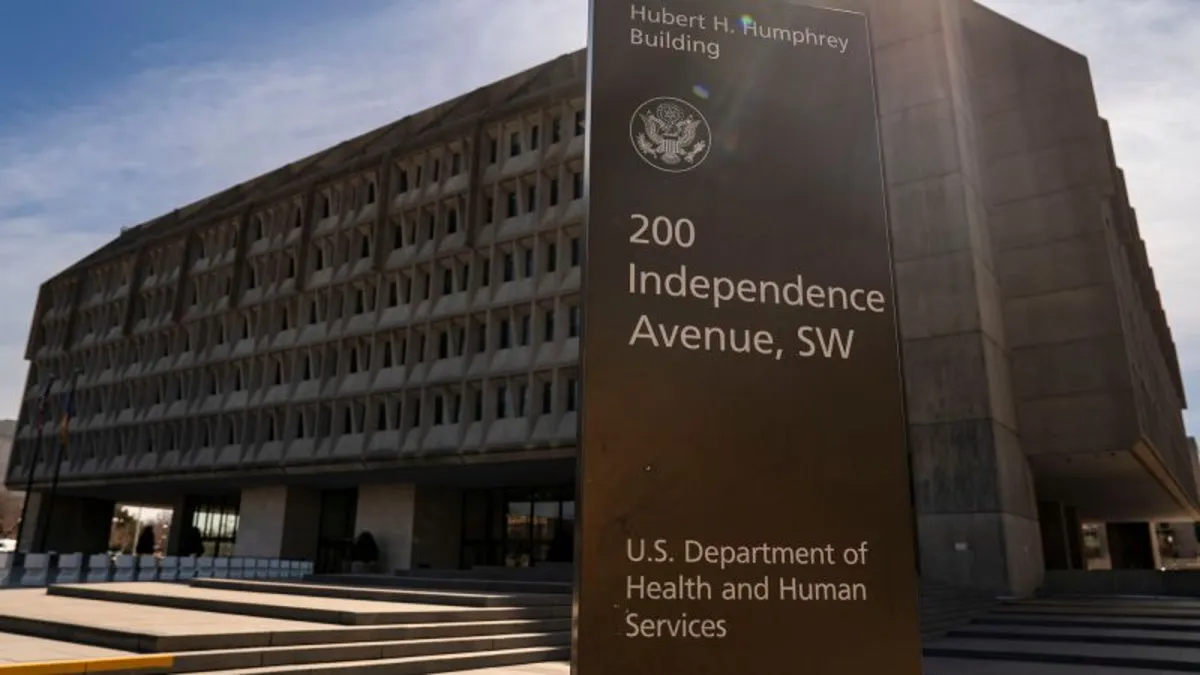
State and local public health departments across the United States are preparing for significant challenges as the US Centers for Disease Control and Prevention (CDC) withdraws approximately $11.4 billion in grants previously allocated for the Covid-19 pandemic response. The Department of Health and Human Services (HHS) stated, “The COVID-19 pandemic is over, and HHS will no longer waste billions of taxpayer dollars responding to a non-existent pandemic that Americans moved on from years ago.” This shift in funding priorities aims to focus on addressing chronic diseases and promoting overall health in line with President Trump’s mandate to "Make America Healthy Again."
The funds that are being rescinded were primarily utilized for essential Covid-19 initiatives, including testing, vaccination efforts, and global health projects. These grants also supported community health workers who serve at-risk populations affected by the pandemic. According to data from KFF, the United States has recorded over 100 million Covid-19 cases and approximately 1.2 million deaths since the onset of the pandemic.
HHS has indicated that the recovery of these funds will begin within 30 days. Notices regarding the funding termination were dispatched earlier this week to local health departments and associated organizations. Lori Tremmel Freeman, the CEO of the National Association of County and City Health Officials (NACCHO), mentioned that her organization could face a funding cut of around $10 million as a result of this decision.
Freeman explained that these grants originated during the Covid-19 response but were intended to extend beyond the emergency phase to bolster preparedness for future health crises and enhance public health infrastructure. Key activities supported by these funds included laboratory testing, vaccine rate maintenance, and wastewater monitoring for disease spread. She warned that the reduction in funding could lead to significant layoffs and a detrimental impact on current public health initiatives.
Brian Castrucci, the president and CEO of the de Beaumont Foundation, described the funding termination as “a devastating blow to public health” nationwide, affecting both urban and rural areas. Although local health organizations may not have fully spent these funds yet, Castrucci emphasized that plans for their utilization were already in place. He expressed concern that “people will lose jobs, programs will be reduced or cut, and communities will be less safe” due to the funding cuts, ultimately threatening the economy.
The federal funds were integral to establishing a robust framework for future health responses, particularly concerning ongoing outbreaks such as measles and bird flu. Dr. Joseph Kanter, the CEO of the Association of State and Territorial Health Officials, highlighted that these funds were crucial for modernizing data systems, enhancing laboratory capacity, and improving electronic case reporting for infectious disease outbreaks. He cautioned that the abrupt termination of these activities could severely impair the ability of states and territories to respond effectively to current and future health threats.
In Texas, Dr. Philip Huang, the director of Dallas Health and Human Services, noted that the funding cuts would adversely affect epidemiology, contact tracing, and lab testing. Furthermore, they would impact community-level health initiatives such as diabetes education programs. Meanwhile, the Minnesota Department of Health reported a loss of $226 million in grants, highlighting that these funding changes occurred unexpectedly, disrupting previously approved spending and putting resident health at risk.
The Minnesota health department expressed disappointment, stating, “In the past, we could count on the federal government to uphold its commitments and obligations.” They recognized that it would take time to fully assess the repercussions of these drastic funding cuts, which they described as “a tremendous loss” compounded by the uncertainty introduced by federal partners.